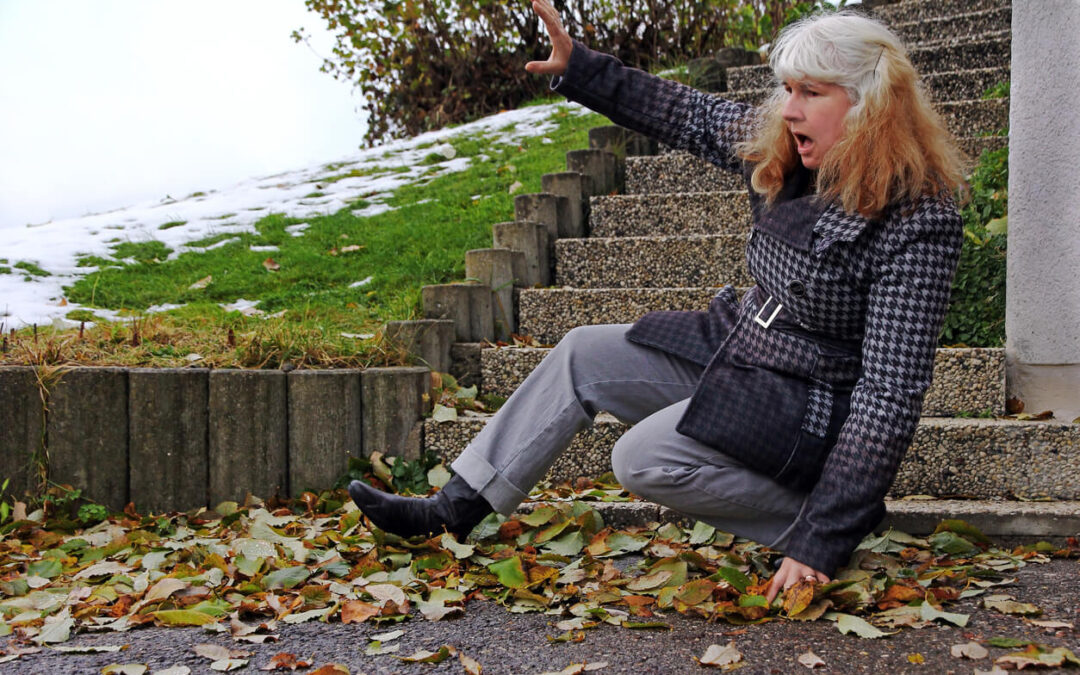Accidents can happen anywhere, but when an injury occurs on someone else’s property, determining liability can be complex. Whether it’s a slip and fall in a store, a hazardous condition in an apartment complex, or an injury at a business, property owners may be held accountable if negligence played a role. Understanding your legal rights is critical to securing fair compensation for medical expenses, lost wages, and other damages.
Determining Liability in a Premises Liability Case
Property owners have a legal duty to keep their premises safe for visitors. If dangerous conditions exist—such as wet floors, poor lighting, broken staircases, or uneven walkways—they may be held responsible for injuries that result. Texas law categorizes visitors into invitees, licensees, and trespassers, and the level of responsibility a property owner has depends on the visitor’s classification.
Businesses and landlords must take reasonable steps to maintain their properties and warn of potential hazards. If an injury occurs due to a preventable hazard that was ignored, the property owner may be liable under Texas premises liability laws.
Steps to Take Immediately After an Injury
Gathering evidence is crucial after an injury on someone else’s property. If possible, taking photos of the hazard that caused the injury, collecting witness contact information, and reporting the incident to the property owner or manager can strengthen a potential claim. Seeking medical attention right away is also important, both for health reasons and to document the extent of the injuries.
Delays in medical treatment can be used by insurance companies to argue that the injury was not serious or was unrelated to the accident. Medical records play a key role in proving the severity of an injury, making immediate evaluation and treatment essential.
Challenges in Proving a Slip and Fall Claim
Insurance companies and property owners often attempt to minimize their responsibility in premises liability cases. They may argue that the injured person was distracted, wearing improper footwear, or otherwise contributed to the accident. Without strong evidence of negligence, proving liability can be difficult.
Texas follows a comparative fault rule, meaning that if an injured party is found partially responsible for the accident, their compensation may be reduced. Legal representation is critical in countering these tactics and demonstrating that the property owner failed to maintain a safe environment.
Time Limits for Filing a Premises Liability Claim
Texas law imposes a two-year statute of limitations on most personal injury cases, including premises liability claims. If a lawsuit is not filed within this period, the right to seek compensation may be lost. Exceptions may apply in certain cases, such as when the injured party is a minor, but acting quickly ensures that key evidence remains available.
Prompt legal action allows for a thorough investigation into the accident, including reviewing surveillance footage, obtaining maintenance records, and gathering witness statements. Waiting too long can make it more difficult to build a strong case.
Legal Support for Premises Liability Claims
Recovering from an injury caused by unsafe conditions on someone else’s property is challenging, especially when dealing with medical expenses, lost income, and physical pain. Navigating the legal process alone can be overwhelming, particularly when facing property owners and insurance companies that aim to deny or reduce compensation.
McKinnon Law provides experienced legal guidance in premises liability cases, ensuring that injured individuals receive the representation they need. With a commitment to personalized strategies and thorough case preparation, clients can trust that their case is handled with diligence and care. Seeking legal assistance as soon as possible increases the chances of a favorable outcome, allowing injury victims to focus on their recovery while an experienced legal team fights for fair compensation.

